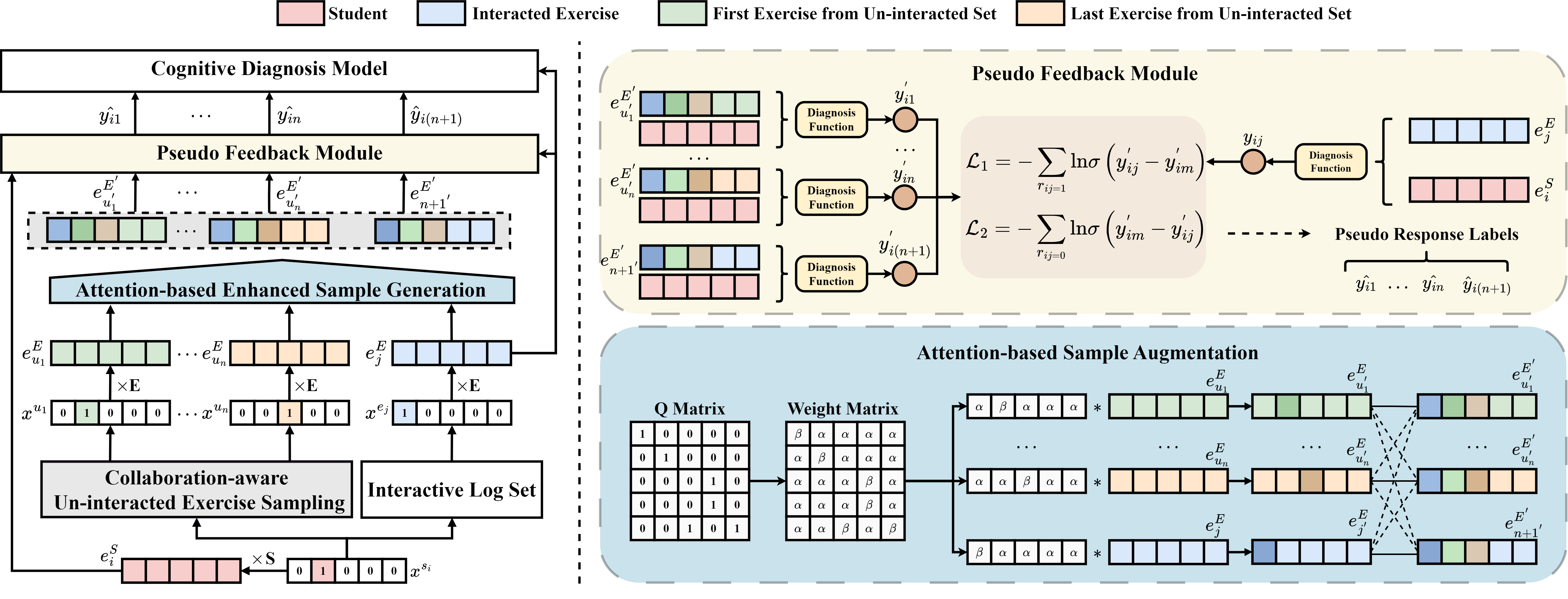Biography
Hi, I am Changqian Wang! Currently, I am a second-year master’s student at Anhui University, under the guidance of Associate Professor Haiping Ma and affiliated to the BIMK Lab. My research interests are data mining and intelligent education, including cognitive diagnosis and computerized adaptive testing. I prefer to seek PhD opportunity after my Master study.
Interests
I have a passion for photography. Currently, I am a contracted photographer for multiple platforms, including DJI(大疆) and Visual China(视觉中国). My works have been selected by Chinese National Geography and published in several official media outlets.
News
- 2024-1-14: 2023 First Class Scholarship of BIMK Lab (Second place in the year-end assessment).
- 2023-12-9: One paper(CMES) accepted in AAAI2024.
- 2023-12-4: Oral presentation of the paper ReliCD on behalf of Yunfei Zhang and Chuan Qin at ICDM2023.
Publications
- Haiping Ma, Changqian Wang, Hengshu Zhu, Shangshang Yang, Xiaoming Zhang, Xingyi Zhang, "Enhancing Cognitive Diagnosis using Un-interacted Exercises: A Collaboration-aware Mixed Sampling Approach", In Proceedings of the 38th AAAI Conference on Artificial Intelligence (AAAI-2024), 2024 [paper]
- Coming Soon~
Latest Work Introduction
1. Enhancing Cognitive Diagnosis using Un-interacted Exercises: A Collaboration-aware Mixed Sampling Approach (AAAI2024)
Cognitive diagnosis is a crucial task in intelligent education, aiming to diagnose students’ proficiency in specific knowledge concepts through their answer records. Extracting information from non-interactive exercises and designing potential answer labels for students pose significant challenges, to address them, we innovatively proposed the Collaborative Perception Mixed Exercise Sampling (CMES) framework. Specifically, we cluster students based on their answering abilities and collaborative relationships, sampling exercises from sets interacted with by students from other clusters. Given the rich diagnostic information in interactive exercises and the diverse information inherent in non-interactive exercises, we employ a mixture technique to fuse the information of sampled exercises with that of interactive exercises, obtaining more information-rich samples. Finally, we design an unfed module based on ranking learning to assign potential answer labels to the fused samples.

2. Coming Soon~
Introduction of work2
